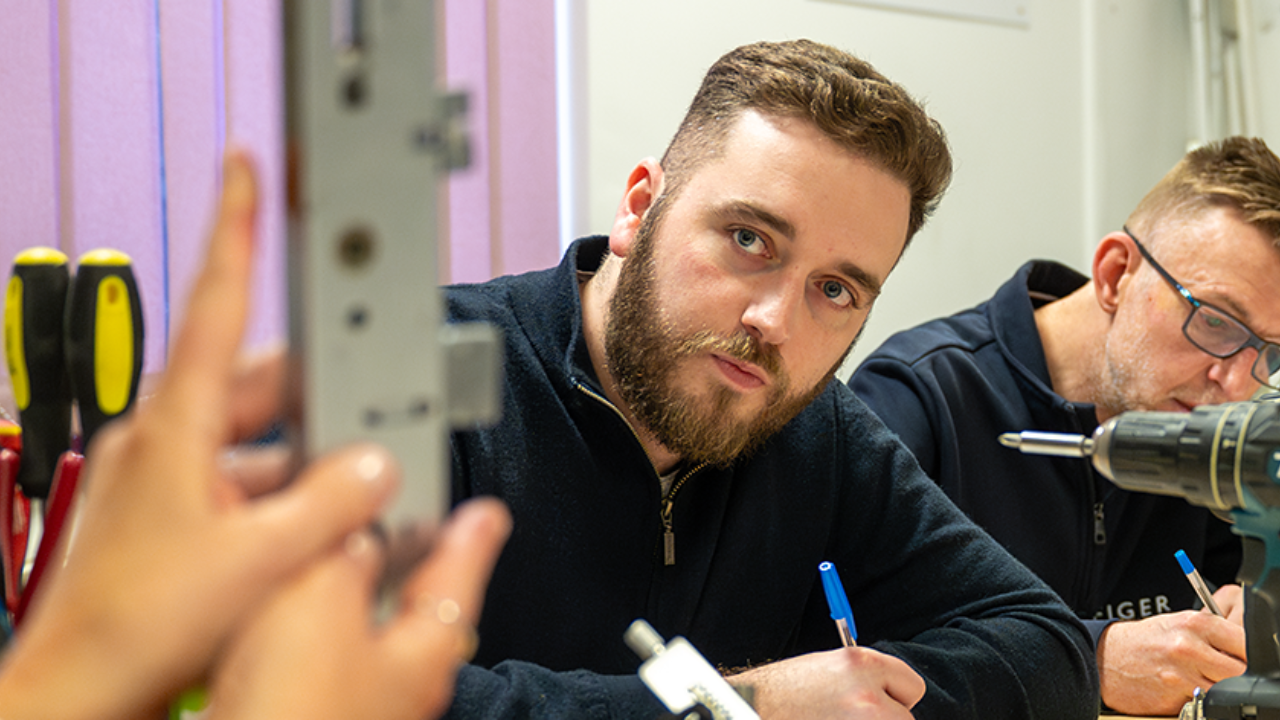The Evolving Need for Training and Education in the Physical Security Industry
Sep 30, 2025
In an era where threats to physical assets are becoming increasingly sophisticated—ranging from cyberattacks spilling over into real-world vulnerabilities to organized crime targeting infrastructure—the physical security industry stands at a crossroads. Professionals in this field, responsible for safeguarding people, property, and information through measures like access control, surveillance, and perimeter protection, must continually adapt. However, the industry's rapid evolution has highlighted a critical gap: the need for robust, standardized training and education. This article explores how industry leaders are pushing for deeper, hands-on learning via certifications, the imperative for consistency across the sector, the importance of foundational platforms for incoming technicians, and the limitations of current manufacturer-dominated training models.
Industry Leaders Seek Deeper Learning Through Hands-On Certifications
As physical security threats grow more complex, industry leaders are increasingly advocating for advanced, practical education that goes beyond theoretical knowledge. Hands-on certifications have emerged as a cornerstone for professionals aiming to demonstrate expertise in assessing risks, designing systems, and integrating technologies. For instance, the certifications, offered by the PSA Institute, requires candidates focuses on real-world applications such as security assessments and system integration. This credential validates skills in a tangible way, emphasizing practical scenarios over rote learning.
Our other certifications provide specialized training in physical and technical security, often incorporating interactive modules and simulations. Employers value these because they ensure personnel can handle dynamic situations, such as conducting vulnerability assessments or responding to breaches. All of which incorporate hands-on elements to build competency. PSA Institute underscores that such programs not only enhance individual careers but also elevate overall industry standards, with many employers preferring certified hires for their proven ability to mitigate risks effectively.
This shift toward deeper learning is driven by the recognition that continuous training is essential for staying ahead of emerging threats, including advancements in AI-driven surveillance and IoT-integrated systems. Leaders in the field argue that hands-on certifications foster a culture of lifelong learning, enabling professionals to adapt to new technologies and regulatory changes.
The Imperative for Consistency Throughout the Industry
One of the most pressing challenges in physical security is the lack of uniformity in training practices, which can lead to inconsistent application of best practices across organizations and regions. Consistency ensures that security measures are reliable, scalable, and effective, reducing vulnerabilities that arise from disparate approaches. For example, standardizing training on perimeter security, access controls, and emergency response protocols allows for seamless collaboration between teams and easier integration of systems.
PSA Institute advocates for standardized curricula to address this, emphasizing that fragmented training can compromise overall security postures. Research and case studies show that consistent training programs improve employee awareness and response times, with one study highlighting the positive impact of regular sessions on physical security awareness levels.
Without consistency, the industry risks inefficiencies, such as mismatched system deployments or inadequate risk management. Leaders are calling for industry-wide standards, similar to those in cybersecurity, to ensure that training outcomes are predictable and measurable, ultimately enhancing trust among stakeholders.
Platforms for New Technicians to Understand Physical Security Disciplines
For newcomers entering the physical security field—often without formal degrees—the availability of accessible, foundational platforms is crucial to building a solid understanding of core disciplines like risk assessment, surveillance technology, asset protection, and installation. These platforms bridge the gap between entry-level roles and advanced expertise, providing structured pathways for technicians to grasp multifaceted concepts.
Online courses and e-learning series have become vital tools in this regard. PSA Institutes self-paced modules on key physical security concepts, ideal for onboarding new hires and covering essentials like threat identification and system basics.
Our platforms not only democratize access to education but also align with industry needs, ensuring new technicians can contribute effectively from day one. By providing a comprehensive overview of disciplines, they reduce the learning curve and prepare individuals for certifications and career advancement.
The Limitations of Manufacturer-Provided Training
While manufacturers play a significant role in the physical security ecosystem—offering training on products like cameras, alarms, and access systems—their programs often fall short in delivering a holistic understanding of industry verticals. These sessions are typically product-centric, focusing on installation, troubleshooting, and optimization of specific hardware or software, which can limit broader contextual knowledge.
For verticals such as healthcare, retail, or critical infrastructure, a full grasp requires insights into regulatory compliance, human factors, and integrated strategies that transcend individual products. Manufacturer training might excel in technical specifics but often neglects general principles like security-in-depth or cross-vertical applications, leading to siloed expertise. This specificity can hinder technicians' ability to adapt solutions across diverse environments, where a one-size-fits-all approach from a single vendor may not suffice.
Industry experts note that while such training is valuable for immediate product deployment, it should complement—not replace—broader education. Relying solely on manufacturers risks creating inconsistencies, as professionals may prioritize vendor loyalty over optimal, impartial security designs. To address this, there's a growing push for hybrid models that integrate manufacturer insights with general curricula from neutral bodies like PSA Institute.
Conclusion: Building a Resilient Future Through Comprehensive Education
The physical security industry’s success hinges on investing in training and education that is hands-on, consistent, and accessible. By embracing certifications for deeper expertise, standardizing practices for reliability, and providing platforms for newcomers, the sector can better equip its workforce against evolving threats. Moving beyond the constraints of manufacturer-specific programs toward more inclusive, vertical-agnostic learning will foster innovation and resilience. As leaders continue to champion these changes, the industry will not only protect assets more effectively but also attract and retain top talent in a competitive landscape.
